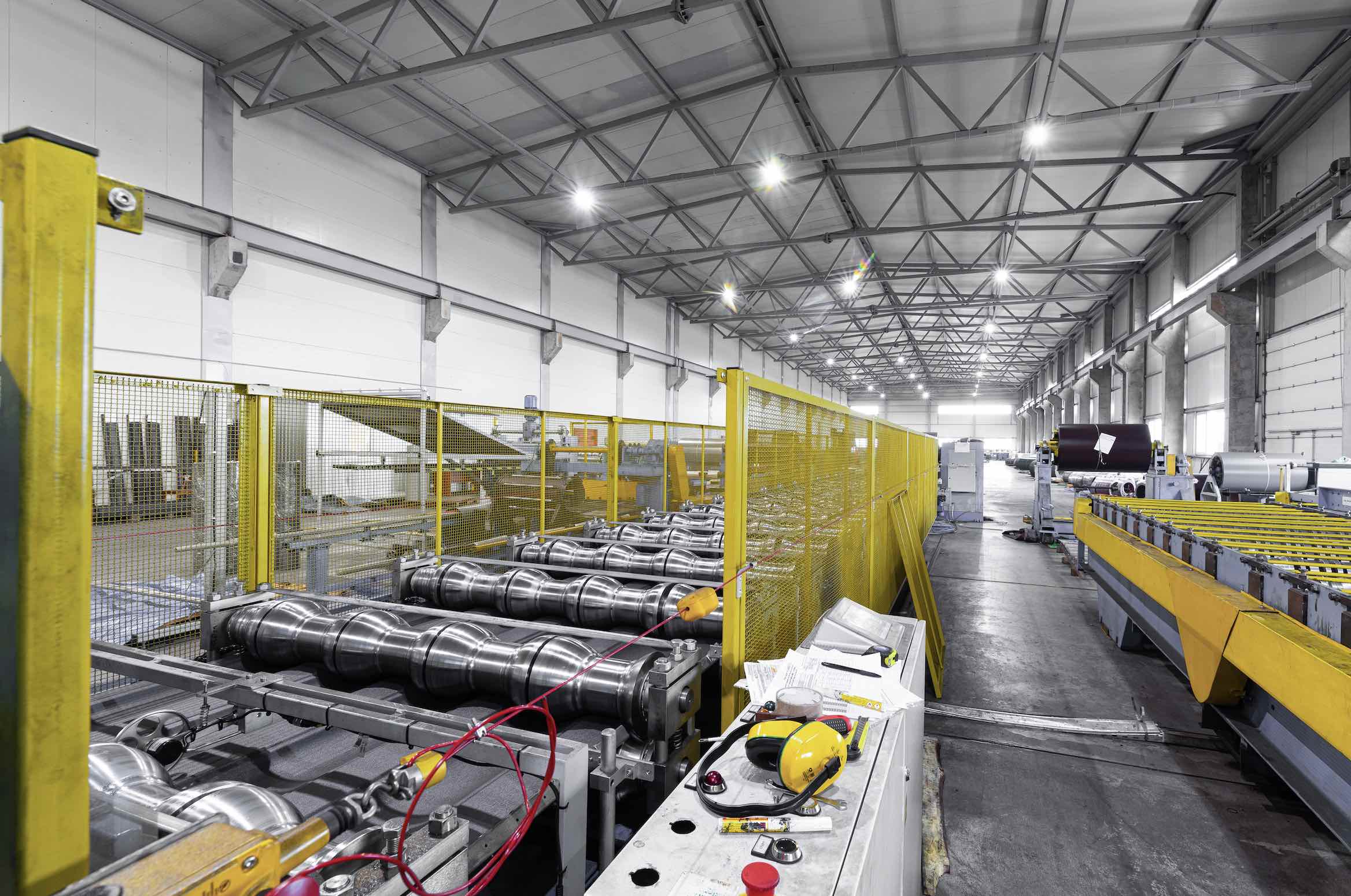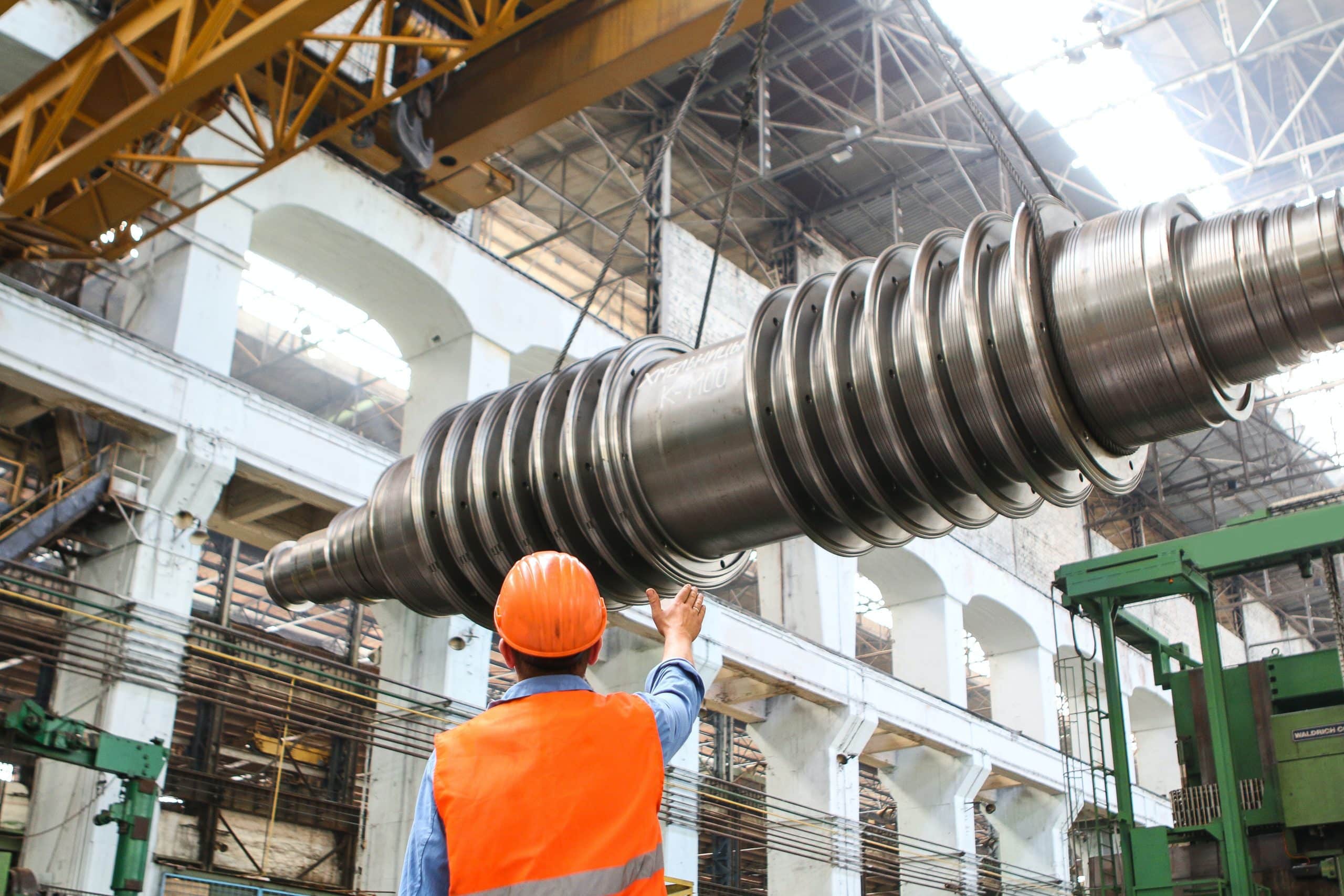
Case Study: Ash Grove Cement’s Enhanced Reliability with EasyRCA
Reading Time: 3 minutes
Company OverviewAsh Grove Cement, a leading North American producer of cement with 12 manufacturing plants and 41 distribution terminals across the U.S. and Canada, is committed to enhancing its operational efficiency, reliability, and safety across its facilities. As part of their continuous improvement efforts, Ash Grove Cement implemented EasyRCA, a web-based root cause analysis (RCA) software, to address challenges with

Nylon Plant Case Study
Reading Time: 2 minutes
This case study took place at a nylon plant in Virginia which at the time provided major amounts of nylon to the tire and carpet industries. The plant was incapable of achieving design capacity of 334,000,000 lbs. annually.

Reliability.com: Ammonia Plant Case Study
Reading Time: 3 minutes
This case study takes place in a Louisiana ammonia plant. The plant had above industry average downtime (116 Days of downtime compared to an industry average of 49.5 Days (worst record in the world for this type of facility).

Optimizing RCA and FMEA in Health Care
Reading Time: 12 minutes
“Failure Mode and Effect Analysis” (FMEA) and “Root Cause Analysis” (RCA) are becoming commonplace terms in work environments and in the literature. This article will demonstrate that these terms, while seemingly generic references to regulatory compliance, actually elicit various interpretations from individuals. Therefore, applications of FMEAs and RCAs will be equally disjointed, along with the inconsistency of the analysis results.

Defining Root Cause Analysis (RCA)
Reading Time: 7 minutes
In this blog, I discuss the RCA definition I used as a career analyst/investigator and explain why it makes sense to me. You decide if it makes sense in your facility. RCA is so ill-defined that no matter what people use to solve problems at their facilities (i.e.- troubleshooting, brainstorming, problem-solving or scribbling on a bar napkin)…they will call it

3 Steps to Improve Your Root Cause Analysis
Reading Time: 5 minutes
There are various ways for us to improve our root cause analysis and take our reliability to the next level. Reliability professionals could do RCAs on a napkin, using kraft paper and post it notes, or utilizing fancy software. In the end, the analysis is only as good as the analyst! I have seen some pretty bad ‘RCA’s documented in

The 5 Reasons Why Most RCA Efforts Fail to Have a Lasting Impact
Reading Time: 5 minutes
Most of us have all worked at places with some degree of an ‘RCA’ effort. They likely all defined and practiced ‘RCA’ differently, but nonetheless they had something called RCA. What made one facility better at it than another? Why was one facility’s RCA more effective than another?

Why Trending Data is Important
Reading Time: 2 minutes
Why Trending Data is Important Case Study: Predictive Activities – Trending {{cta(‘236ffbef-9183-4718-9aa0-b9b2e33e85c9’)}} This case history takes place in a packaging facility in Virginia. The packer on module E5 was checked for vibration integrity during a pre- machine care evaluation. A problem was detected in the folding arm gearbox. The frequency characteristics indicated a bearing was deteriorating. This seems very straight

How Failed Parts Work Into an RCA
Reading Time: 9 minutes
How Failed Parts Work Into an RCA Author’s Note: I want to reiterate that this Series about reading the basic fracture surfaces, is for novices who often come into contact with such failed components. This Series is about the basics (101), and is intended to give readers an appreciation for the value of such ‘broken’ parts to an effective investigation/RCA.

